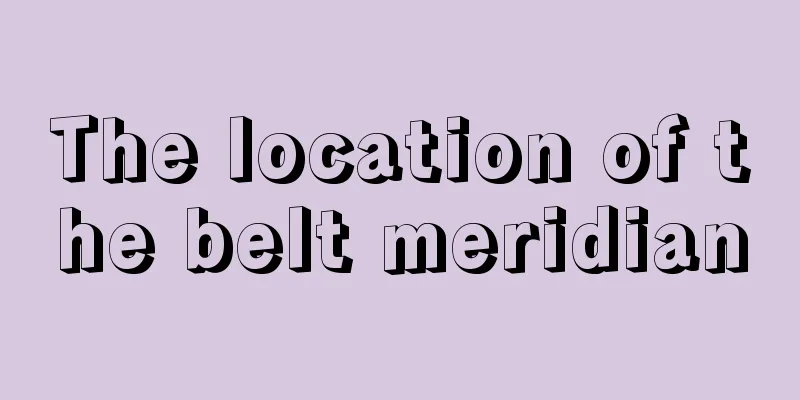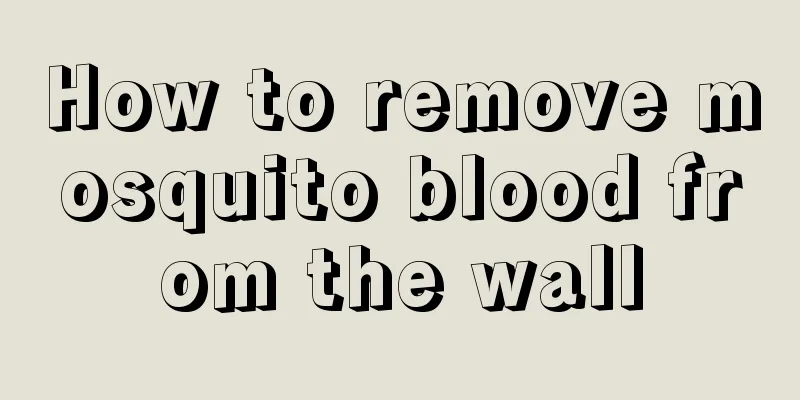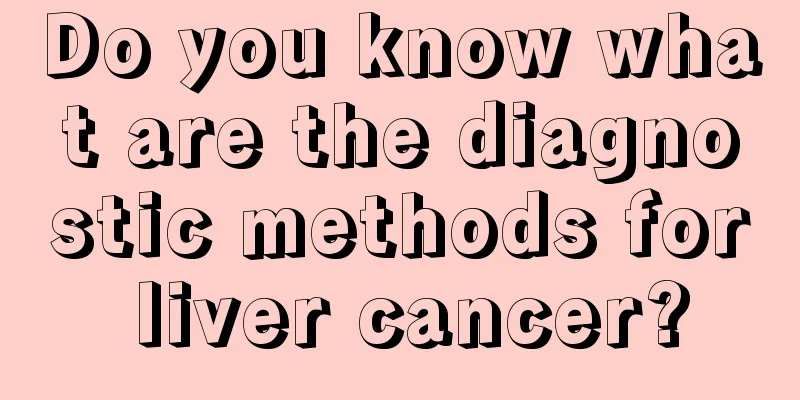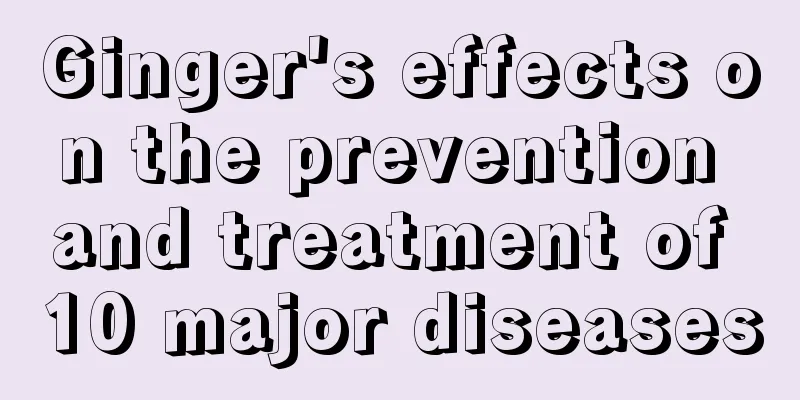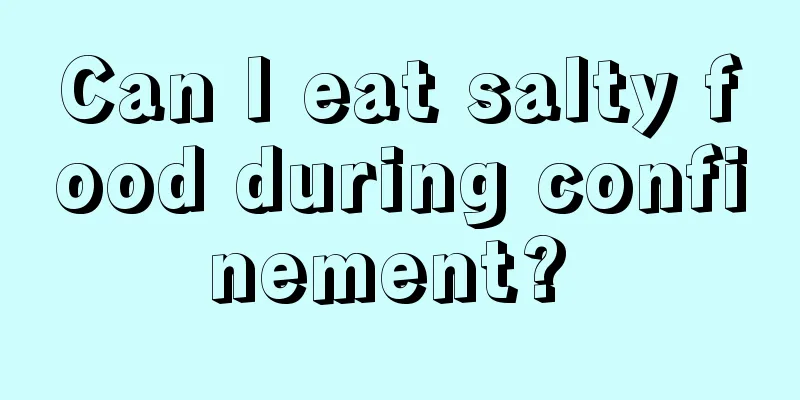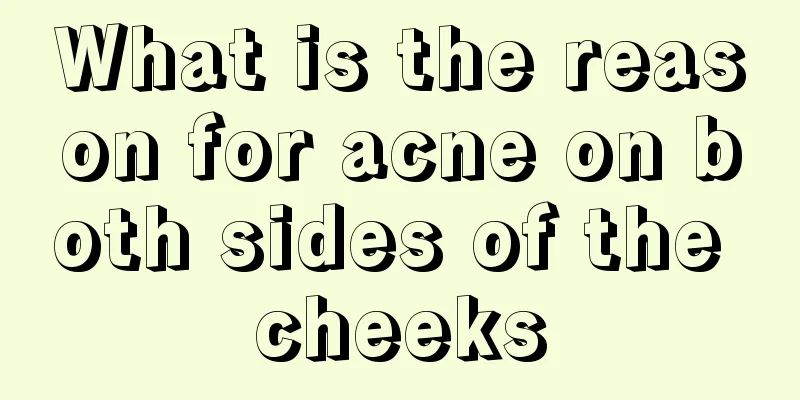It is a big mistake to wash fruits and vegetables with rice water
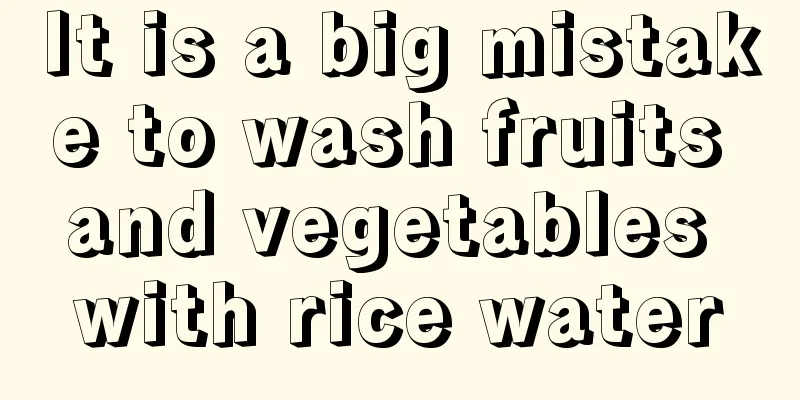
|
There are hundreds of cleaning methods circulating on the market, but according to experts' personal experiments, washing with running water is the most effective. The conclusion is that clean water is the most effective in removing contact pesticides. Experts added that when the laboratory tests for pesticide residues, the fruits and vegetables to be tested are not washed, and the skin is broken up for testing. The data obtained is the most realistic. However, people will wash them before eating, and cook them before eating, so the residual chemicals are almost completely destroyed. There is really no need to worry too much! Mistake 1: Using rice water There are also problems with pesticides and insect eggs in rice. In addition to the problem of using dirty water to wash vegetables, there is usually only one basin of rice washing water, which is not enough to wash away the pesticides. The vegetables are soaked in it, and the rice washing water becomes a pesticide pool. That water is dirtier than the unwashed vegetables, so why would it be used to wash vegetables? Mistake 2: Using Salt Water Salt water can make insect eggs, borers, etc. fall off more easily, but salt will reduce the cleaning ability of water. Moreover, if the salt concentration is too high, it will form osmotic pressure, allowing pesticides in the water to enter the fruits and vegetables, which is counterproductive. Mistake 3: Vegetable and fruit cleaners Many of them contain surfactants and have complex ingredients. They should be rinsed clean with plenty of water after use to avoid secondary residue problems. Mistake 4: Extending the soaking time It is not recommended to soak for more than 30 minutes. In addition to causing the loss of nutrients, the amount of pesticides that can be dissolved in the water is limited, which means that the water has become clean and polluted again, causing the amount of pesticides in the water to be the same as that in fruits and vegetables. Mistake 5: Using an ozone machine to wash fruits and vegetables It can only remove pesticides on the surface of fruits and vegetables. Its cleaning power is similar to that of water. Moreover, many pesticides cannot be destroyed by ozone. Some fruits and vegetables contain nitrogen, which will form nitrates or nitrites after reacting with ozone. In the event of ozone leakage, there may be health risks. Experts remind that if you are still accustomed to adding baking soda, tea seed powder, etc. when washing, do not ignore the step of rinsing with plenty of clean water just because you use these items! Because pesticides are acidic, they can be neutralized by alkaline substances such as baking soda and bitter tea powder to achieve the purpose of removing pesticides, but they still need to be rinsed with plenty of clean water afterwards, so experts recommend washing directly with clean water. |
<<: 7 Things Your Teeth Want to Tell You
>>: Never rinse raw meat under the tap
Recommend
How to remove tea stains from a thermos cup
China is a major tea-producing country, and the t...
Can fish bones be digested?
Fish is a very common food ingredient in our live...
What is ovarian cancer? 3 ways to prevent ovarian cancer
Many women are very unfamiliar with ovarian cance...
Let’s take a look at the early symptoms of prostate cancer
Prostate cancer is a common cancer in men, and me...
What are the early symptoms of lung cancer? 3 major symptoms that should not be ignored
What are the early symptoms of lung cancer? These...
What are the fastest ways to get rid of stool?
In the eyes of many Chinese medicine practitioner...
Early detection of esophageal cancer
In recent years, the incidence of esophageal canc...
Early symptoms of pancreatic cancer
The early symptoms of pancreatic cancer include p...
What happens if Xiao Sanyang drinks alcohol
"Xiao Sanyang" and "Da Sanyang&quo...
What materials are dentures made of
When having dental problems, many people first th...
What causes gynecological teratoma?
The formation of gynecological teratoma is relate...
Acupuncture treatment for hemiplegia has particularly good results
In life, we see many patients with hemiplegia, ma...
Can a woman with nasopharyngeal cancer have a baby?
Nasopharyngeal carcinoma refers to a malignant tu...
Why is glioma prone to recurrence
Glioma is a very malignant tumor. 20% of patients...
What is gastric polyp and is it serious?
Polyps are growths that appear on the surface of ...
